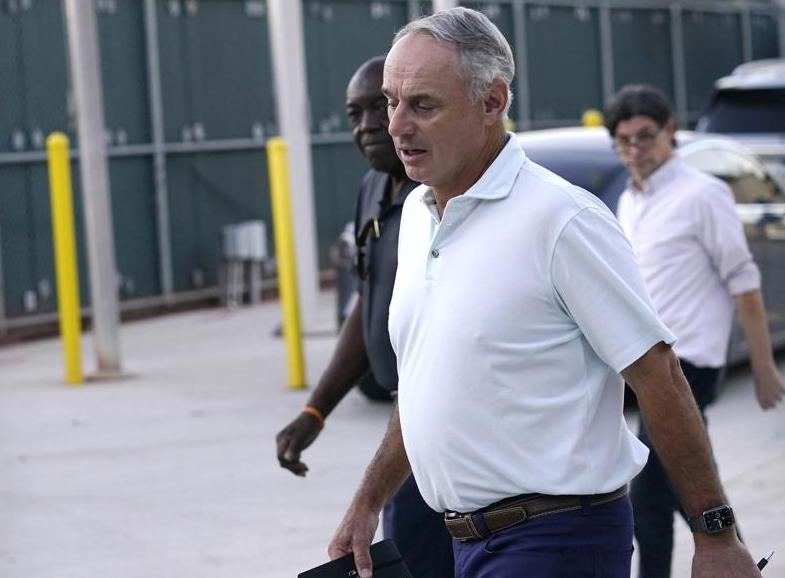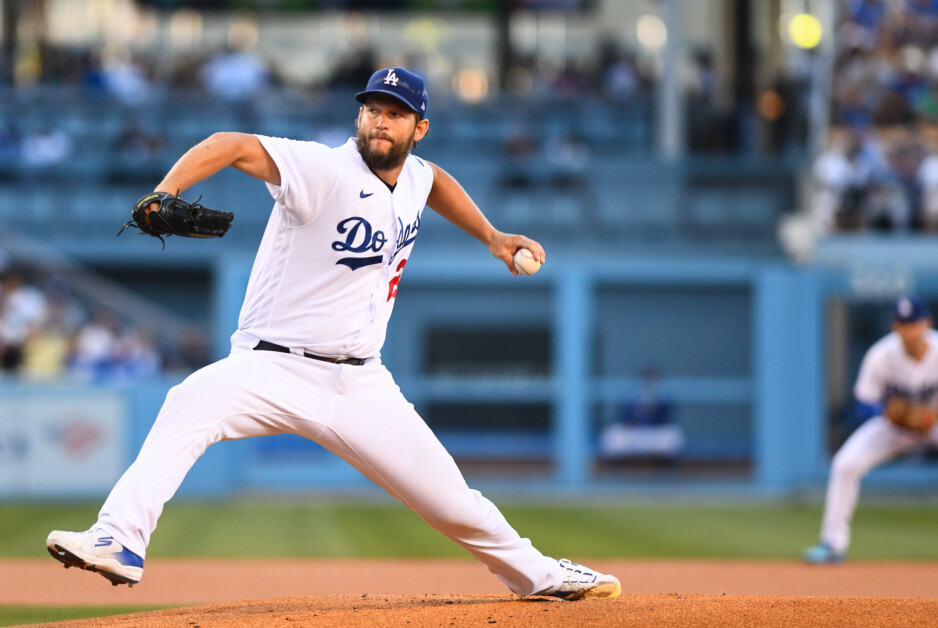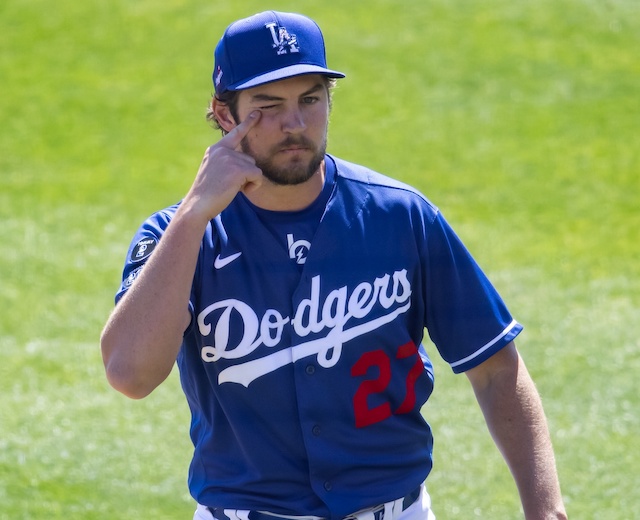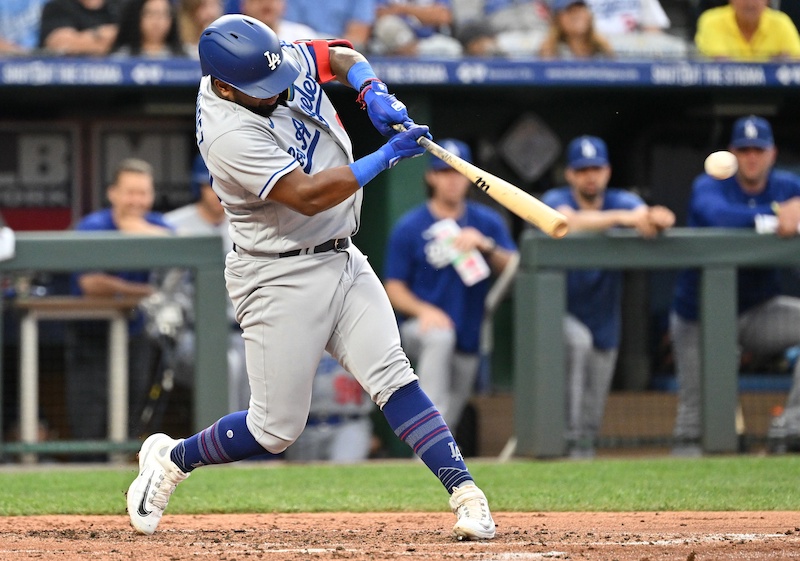Despite reports of progress being made on a new collective bargaining agreement (CBA), the Players Association (MLBPA) ultimately rejected MLB’s “best and final” offer prior to the league’s self-imposed deadline on Tuesday.
It prompted commissioner Rob Manfred to cancel Opening Day and the first two series of the regular season. Although the league and union are believed to be aligned on several topics such as the implementation of a universal DH and Draft lottery, a significant gap remains on key economic issues.
Those include the luxury tax thresholds and accompanying penalties, minimum starting salary, pre-arbitration bonus pool, and percentage of players that would qualify for Super Two status.
The competitive balance tax, which acts as a de facto salary cap for the sport, has been one of the biggest areas of disagreement in CBA negotiations. MLB has shown a reluctance to make drastic changes to the luxury tax thresholds, but reportedly are willing to eliminate the qualifying offer in exchange for players agreeing to higher tax rates.
According to Jim Bowden of The Athletic, MLB’s hardline stance on the new luxury tax thresholds is related to percentage increase from the previous CBA rather than recognition of a rise in revenue or inflation:
The #MLB stance on their Competitive Balance Tax has more to do with percentage increase from previous CBA than recognition of increase in industry revenue percentage in the industry which is a major road block as is the pre-arbitration pool differential between both sides
— Jim Bowden⚾️ (@JimBowdenGM) March 1, 2022
In their most recent proposal to MLB, the Players Association sought a competitive balance tax line of $238 million for the 2022 season and increase to $263 million by the final year of the CBA.
The league countered at $220 million for the 2022, 2023 and 2024 seasons; $224 million in 2025 and $230 million in 2026. The luxury tax threshold was set at $210 million in 2021.
To keep up with the United States’ 7.5% inflation, the luxury tax threshold for the 2022 season would need to be around $225 million; thus making an offer of $220 million is essentially asking the players to take a pay cut.
Dan Halem, Bruce Meyer meeting for informal CBA negotiations
After nine consecutive days of negotiations at Roger Dean Stadium proved fruitless, MLB deputy commissioner Dan Halem and MLBPA lead negotiator Bruce Meyer met Thursday in New York for an informal conversation.
Have you subscribed to the Dodger Blue YouTube channel? Be sure to ring the notification bell to watch player interviews, participate in shows and giveaways, and stay up to date on all Dodgers news and rumors!








